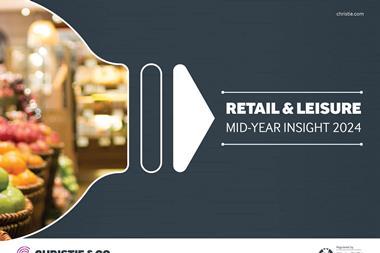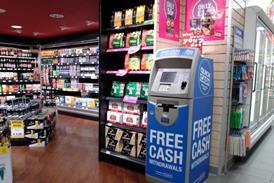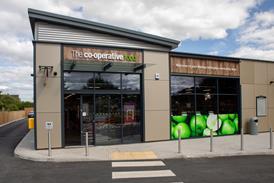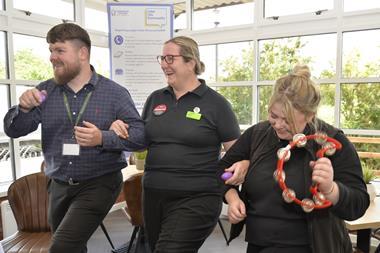Management software: Get with the program
By Sarah Britton2019-08-06T11:14:00

Workforce management systems can help you optimise staffing levels and free up more time to oversee the running of your business
ALREADY HAVE A REGISTERED USER ACCOUNT? PLEASE LOG IN HERE
To read the full story join the ConvenienceStore.co.uk community today!
Registration is quick and easy and provides access to:
- Unlimited ConvenienceStore.co.uk articles
- Our great range of newsletters
- Content you’ve saved for later via the ‘my library’ feature
And much more…
Related articles
-

-

-

-

-

How to capitalise on the soft drinks on-the-go opportunity
This content is provided by Britvic
-

Unlock the potential in the booming RTD cocktail market
This content is provided by Funkin Cocktails
More from Your Business
Unlimited Access + Newsletters
Register today to gain unlimited access to articles and to receive our great range of email newsletters.





















